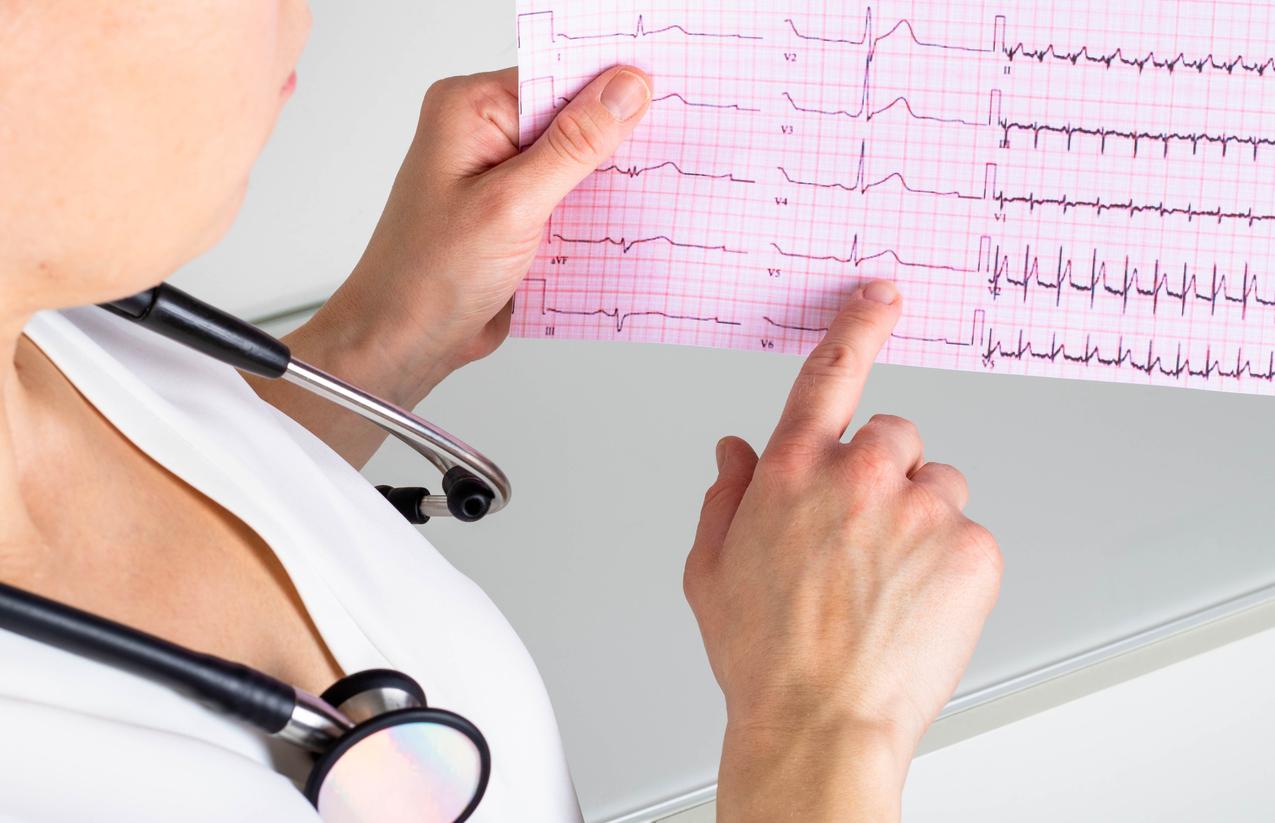As part of the 2022 Action Week concerning atrial fibrillation, Why Doctor offers you a series of articles to better understand this disease, its symptoms and the treatments to control it. Here, zoom in on its origin.

- Atrial fibrillation would affect more than 750,000 people in France.
- Fatigue, palpitations, shortness of breath or dizziness should lead to consulting a doctor.
Atrial (or auricular) fibrillation is a disease of the heart, which occurs through a rather complex process. “The heart is the organ which will give the initial impulse to ensure the blood supply to the organs. This impulse is regulated by a small group of muscle cells which will give the order, at regular time intervals, to the heart of to contract, so that the blood which is going to enter can leave the heart”, begins to explain Dr. Xavier Waintraub, cardiologist at Pitié Salpêtrière. “Following this contraction, several cavities will receive the blood. First the atrium, then the ventricle, which will propel it through the aorta and the body”, he continues.
A disorder of the “metronome” of the heart
“When the heart is fine, the atrium is like a metronome, setting the pace for the contractions to take place regularly. When atrial fibrillation sets in, the small area of cells that will provide the essential information for the contraction will be put in competition with a large number of other foci of small cells. These latter will have an autonomous activity, which will make the heart rate irregular”explains Xavier Waintraub.
Atrial fibrillation is a treacherous condition because it is often silent, which affects 40 million people worldwide. To be treated as effectively as possible, it must be detected as soon as possible, as soon as the first symptoms appear, which may be a feeling of fatigue, palpitations, shortness of breath or even dizziness.
What are the risk factors for this heart disease?
If, most often, the causes of atrial fibrillation are unknown, risk factors and associated comorbidities have been identified, as confirmed by Pr Dominique Babuty, head of the cardiology department at CHRU Trousseau in Tours. “In the latest European recommendations on the management of atrial fibrillation, there is a very important part given to comorbidities”, explains the specialist. The main comorbidities associated with atrial fibrillation are overweight, sleep apnea, diabetes, hypertension and alcohol intake.

Our program Questions aux Experts on atrial fibrillation with Pr Xavier Waintraub:















